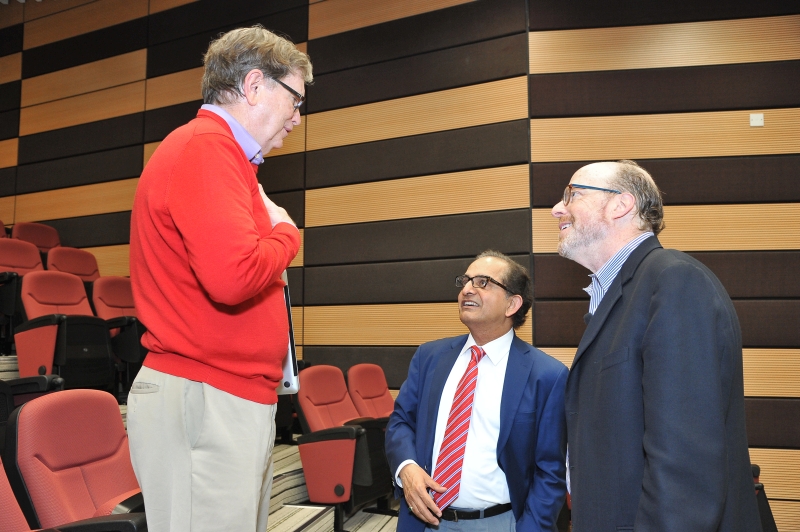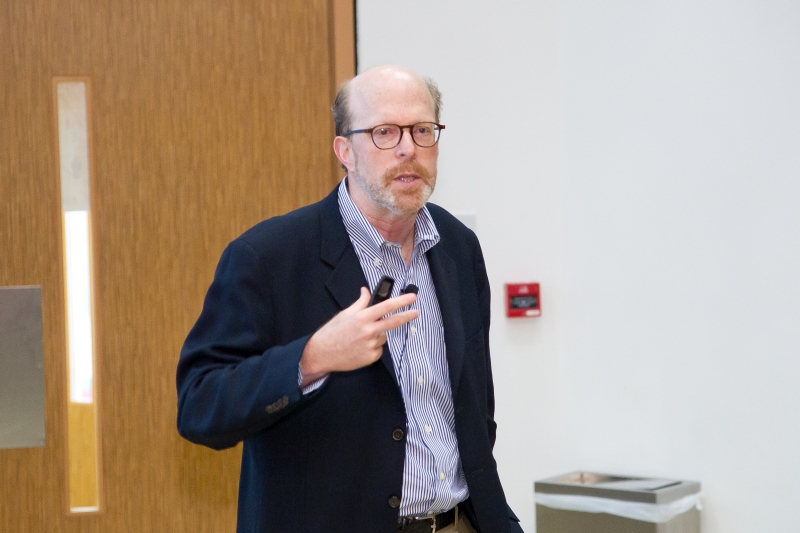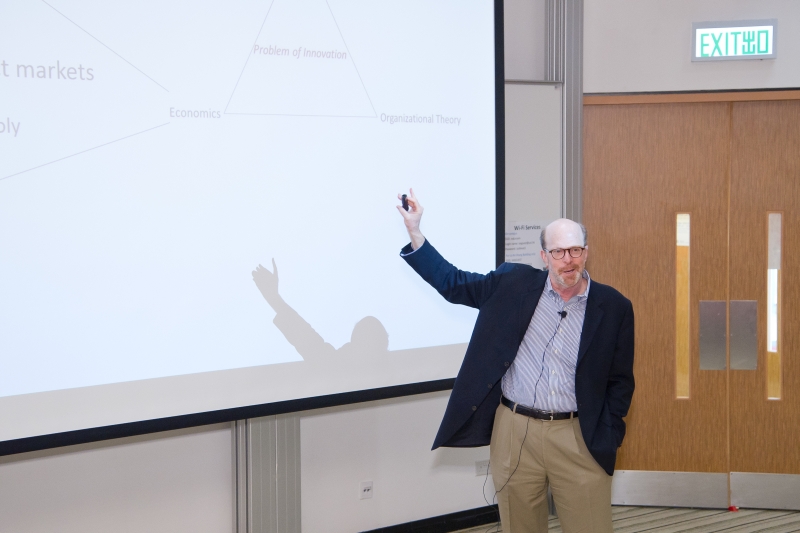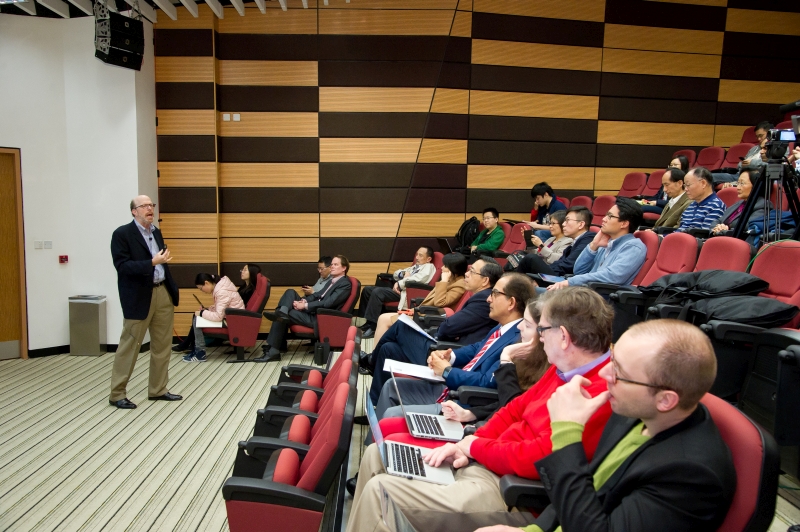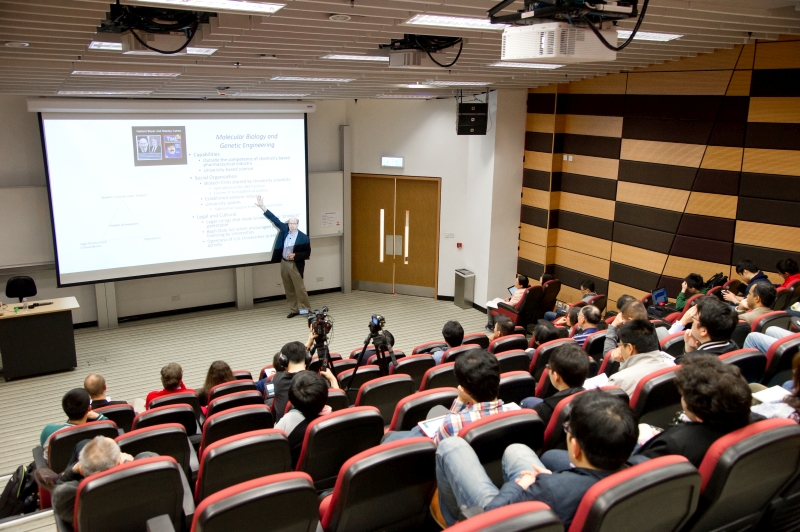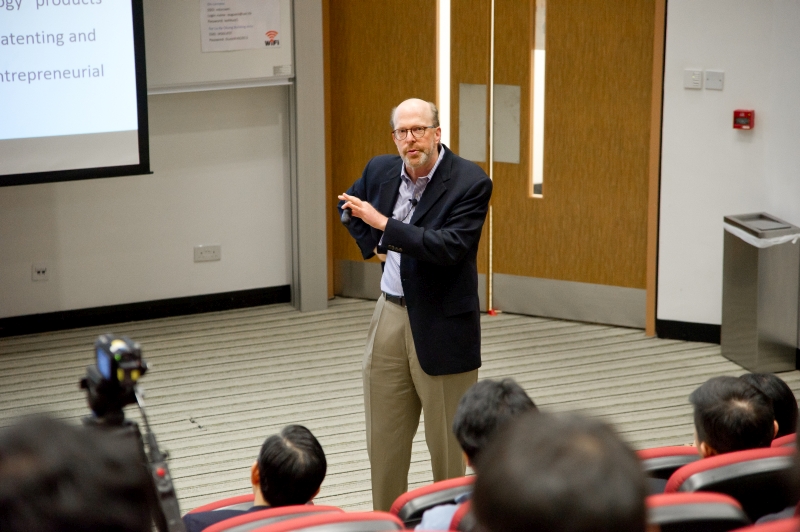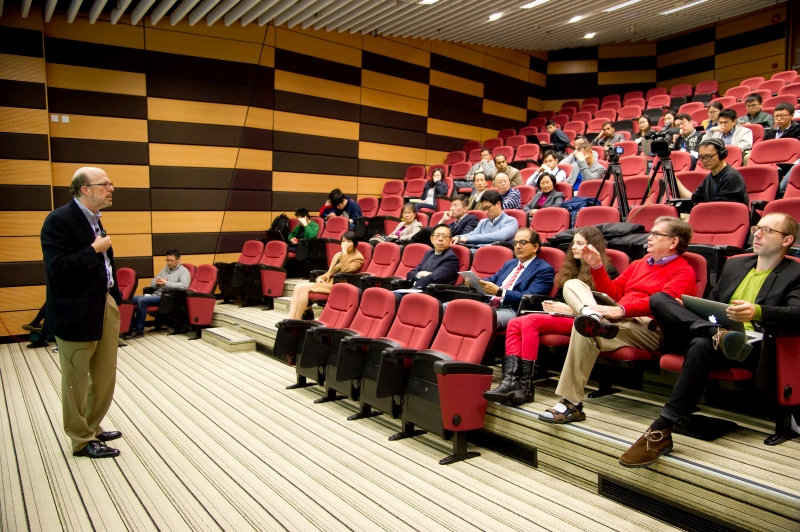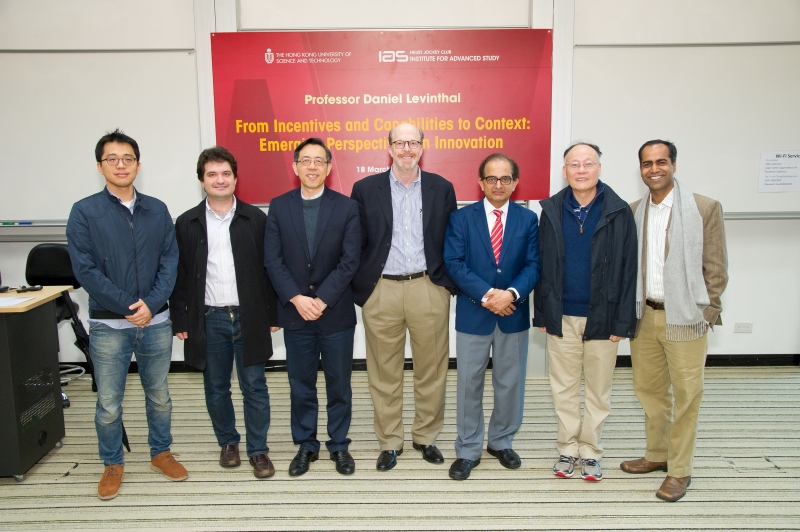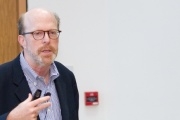From Incentives and Capabilities to Context: Emerging Perspectives on Innovation
Abstract
Standard economics approaches to the question of innovation focus on the issue of incentives, while the business strategy literature supplements these important considerations with an appreciation of capability differences among firms, differences that may stem from path-dependent firm histories. In recent years, there is a growing appreciation of the broader context in which these activities take place. It is now common-place to speak of technological “ecosystems”. Such systems are typically thought of in terms of complementary products and technologies, but they also can be usefully viewed at a more macro level of the broader institutional environment in which firms and entrepreneurs (realized and latent) operate. Organizations themselves are a vital context for innovative activity. Indeed, in a modern economy, even one with an active venture capital sector, innovative resources are primarily driven by existing enterprises and governments. Drawing on some of the speaker’s own past and current work, he will speak to some of the challenges of innovation within firms and offer some theoretical perspectives on this question.
About the speaker
Prof. Daniel Levinthal received his BA from Harvard University in 1979 and PhD in economics, business and public policy from Stanford University in 1985. He is the Reginald H. Jones Professor of Corporate Strategy at the Wharton School at University of Pennsylvania, where he has served since 1989.
Regarded as a leading strategy researcher in the world, Prof. Levinthal was the Editor-in-Chief of Organization Science and is now the Editor of Strategy Science. He has published extensively on subjects of organizational adaptation and industry evolution, particularly in the context of technological change.
Prof. Levinthal has earned fellowships at the Strategic Management Society and the Academy of Management, the latter of which also presented him with the Irwin Award as Distinguished Educator in the Business Policy Division and the Distinguished Scholar Award in Organizational and Management Theory. He has received honorary doctorate degrees from Tilburg University and the University of Southern Denmark.

